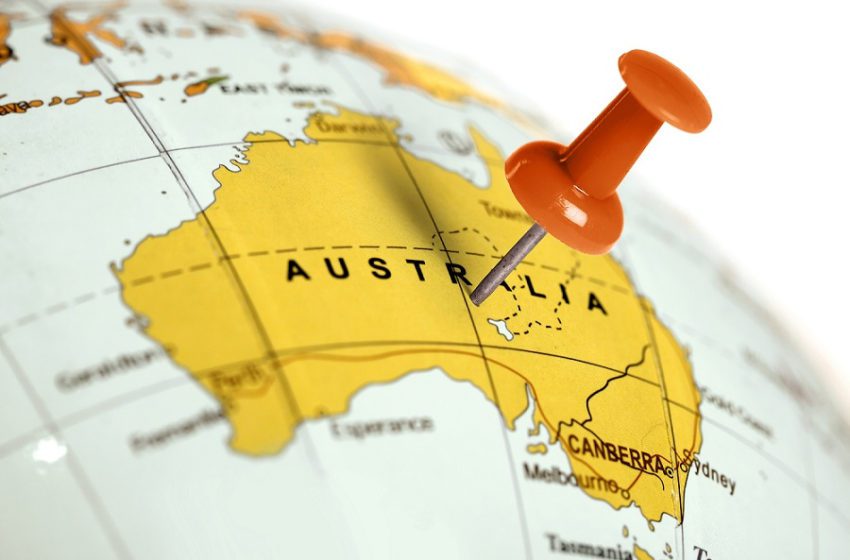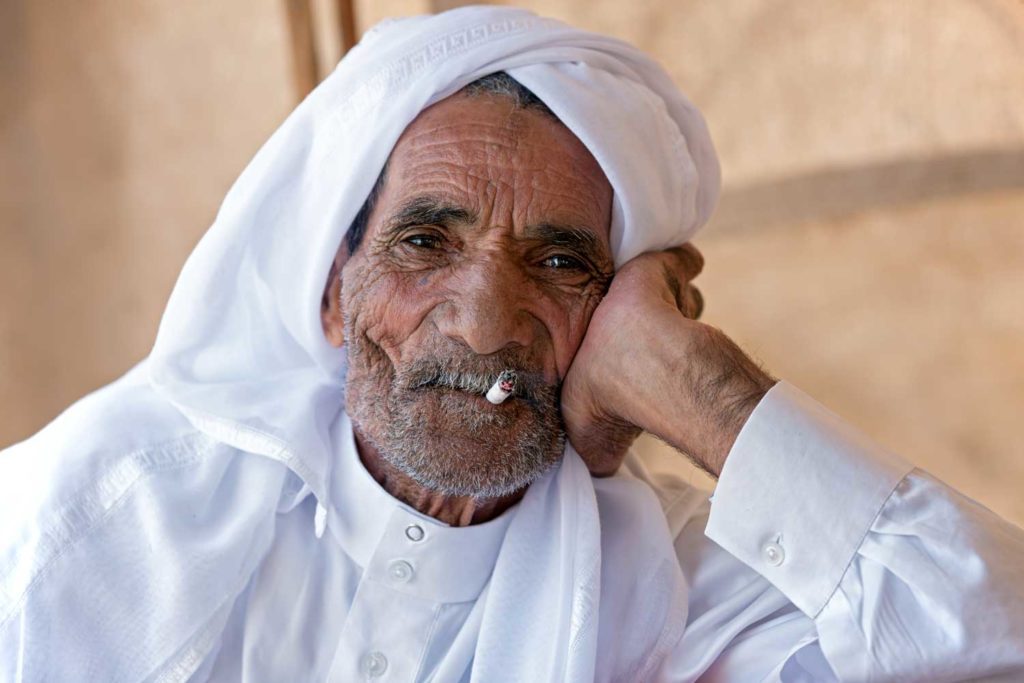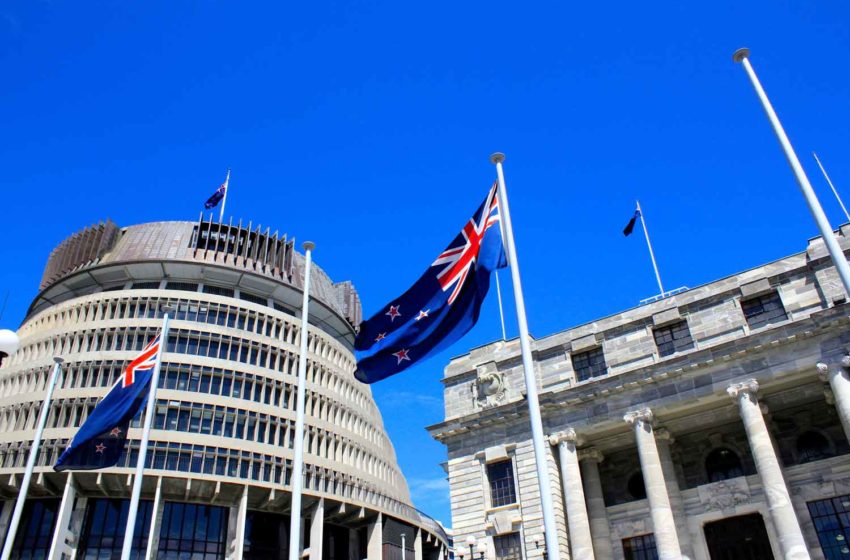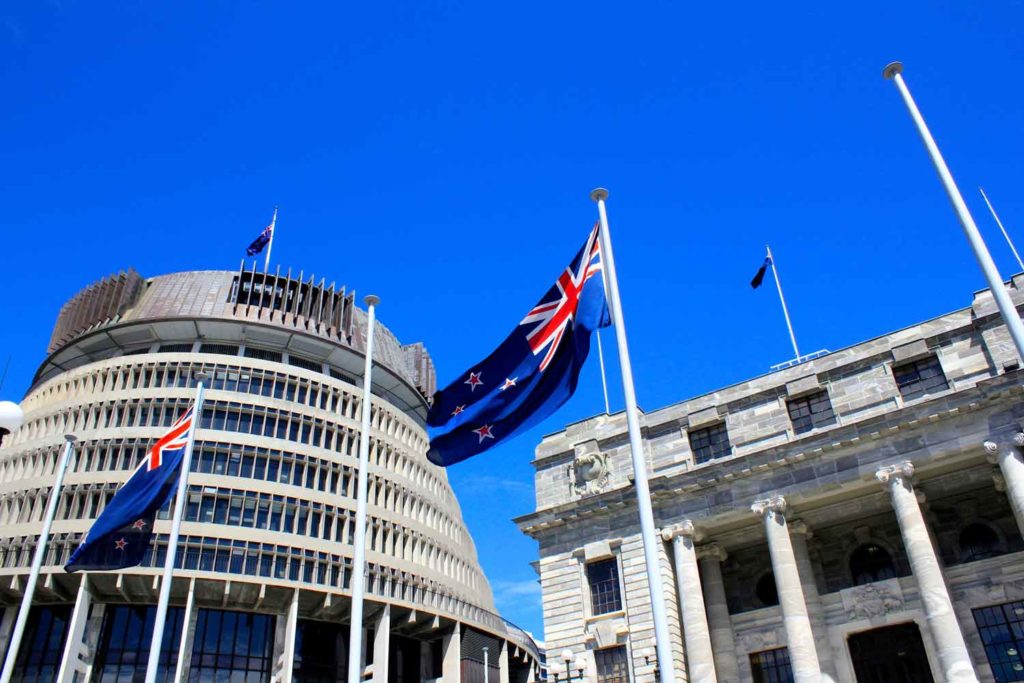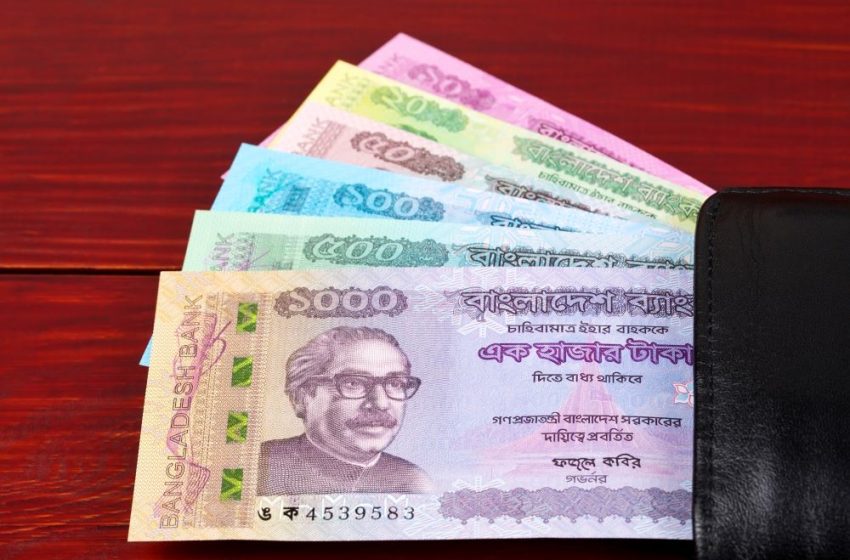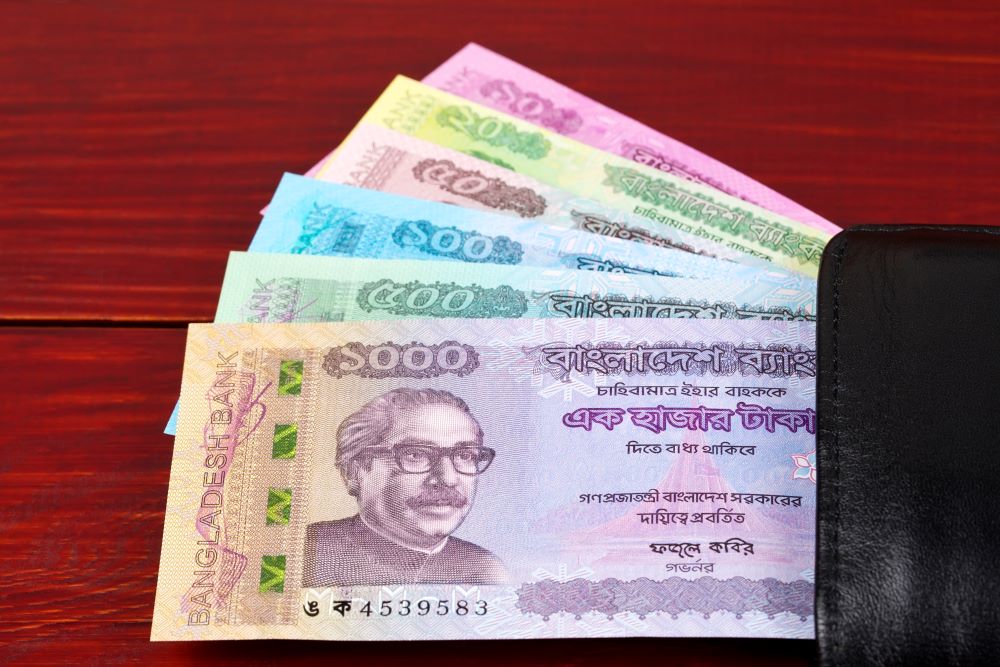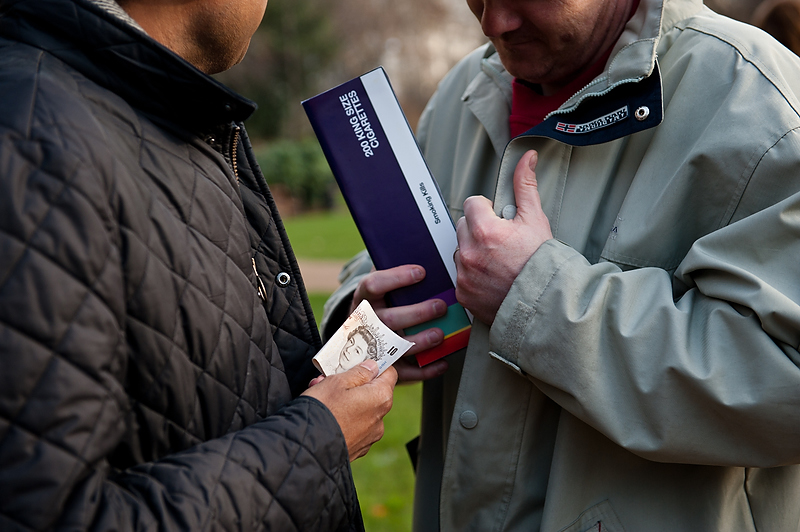
Malaysia’s Control of Smoking Product for Public Health Bill 2023 will be tabled in Parliament on June 12, reports New Straits Times. The bill includes the generational endgame (GEG) smoking ban, which bans tobacco sales to those born on Jan. 1, 2007, or later.
“We will table the bill for its first reading in Parliament on June 12,” said Health Minister Zaliha Mustafa. Mustafa also noted that the “improved” bill was drafted after numerous engagement sessions with stakeholders.
“I will be meeting with the Parliamentary secretary and the Dewan Rakyat Speaker (on the date for the second reading), and we will see how we can go from there,” said Mustafa.
The bill is reportedly “more comprehensive” than a previous version and also covers “next-generation” smoking products.
Once passed, the bill would prohibit those that fall under the GEG provision from obtaining and using all types of conventional cigarettes, cigars, loose tobacco and rolled cigarettes. Heated products, however, will not be fully banned until after sufficient education and awareness campaigns have been launched by the ministry.
“This is our soft-landing approach to educate the GEG cohort instead of being punitive,” said Mustafa, referring to an earlier, stricter version of the proposal. “For now, we are suggesting that the law be fully implemented (to include all types of smoking products, including electronic cigarettes) in 2030, after conducting further research and studies.
“We think this is a win-win solution. The government is committed to the implementation of the GEG,” she added.


